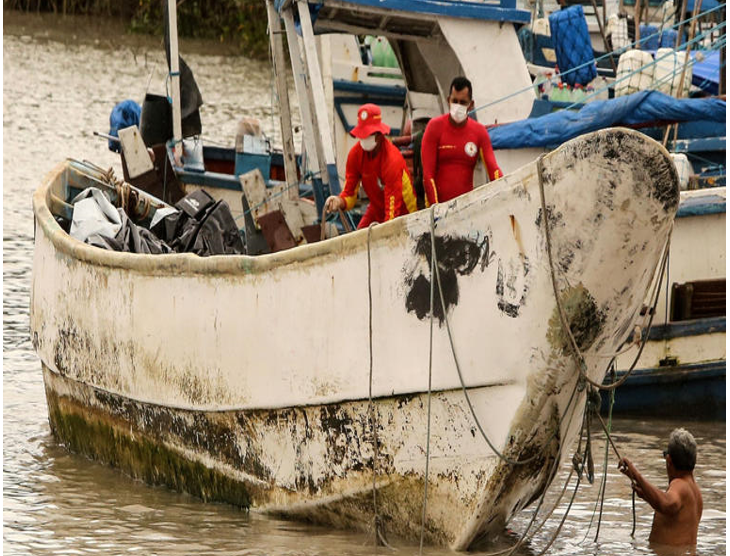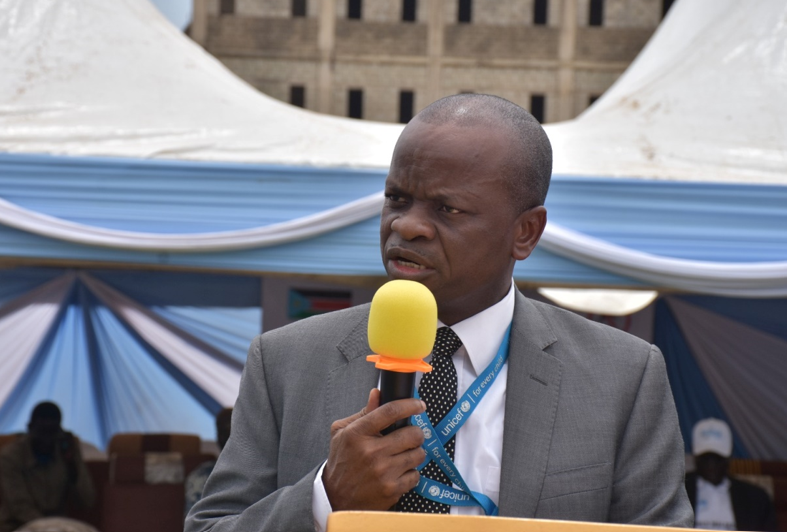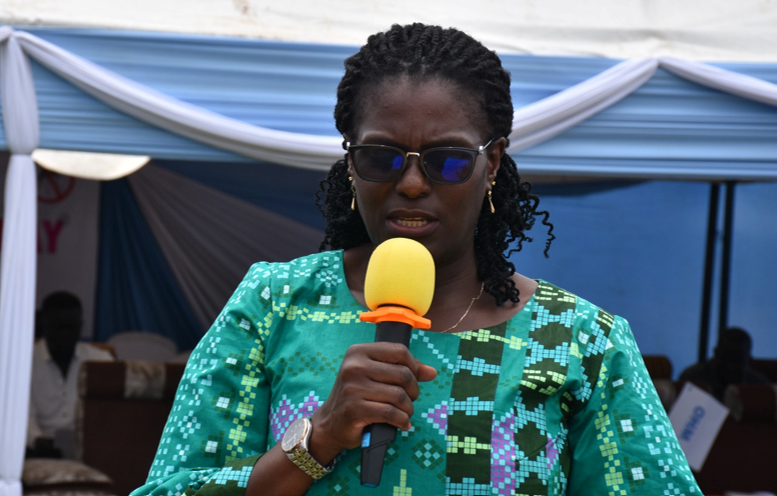State minister tells UN, NGOs to observe recruitment guidelines

Eastern Equatoria State Minister of Labour, Public Service and Human Resource Development has called on the United Nations agencies and non-governmental organisations to observe recruitment guidelines.
Agnes Florence Udwar made that statement during a three-day dialogue between the youth and stakeholders on Tuesday in Torit.
The meeting was aimed at creating a safe environment for humanitarian operations in Torit.
Last year, the youth in Torit petitioned the State Minister of Labour over employment discrimination in United Nations Agencies and International Non-Governmental Organisations.
The youth who call themselves Monyiemiji complained of what they described as tribal employment that denies them employment rights.
They said they have been denied access to jobs in the areas of Torit, Lopit and Ikwoto.
However, in a meeting with the partners on Tuesday, Florence urged the UN and NGOs to follow recruitment guidelines.
“As the minister of labour, I am just informing our partners like the UN, NGOs. “You see, it is very important to always to follow the guidelines which are telling us how to do work or recruit employees,” said Florence.
The minister revealed that during the verification exercise, some NGOs declined to give them data on how they conduct their recruitments.
“These youth complained that there is some unjust employment within the NGOs, not all, but some. So we were trying to go and find out from NGOs how to collect data to show the way they are recruiting employees. So, in the process some of the NGOs even refused to give some data, “said Florence.
In an interview with John Odongi, Executive Director of the Relief and Rehabilitation Commission, he admitted that there is a bias in recruitment within some national NGOs in the state.
He said this had caused misunderstandings between the youth and their partners.
“This has been happening not only in Eastern Equatoria State but all over South Sudan and also in so many parts of the counties in Eastern Equatoria because the youth perceive that the recruitment process contains some bias. We are staying in fear, the partners are afraid, and the youth are afraid,” said Odongi.


